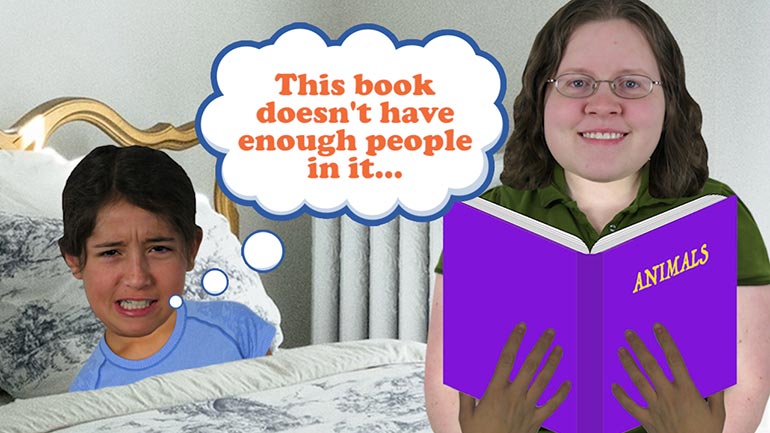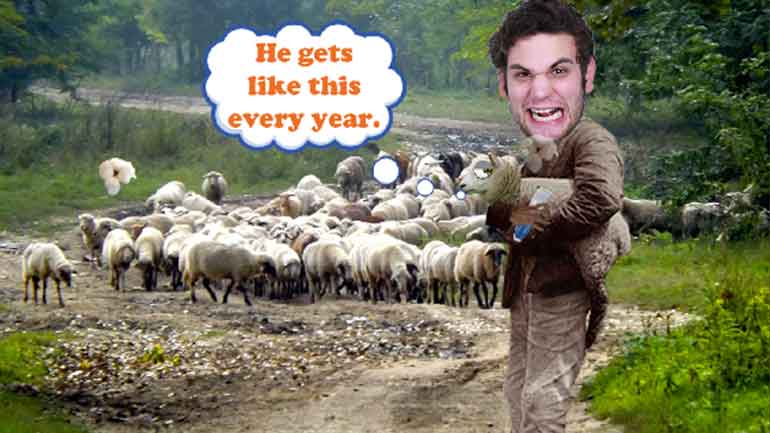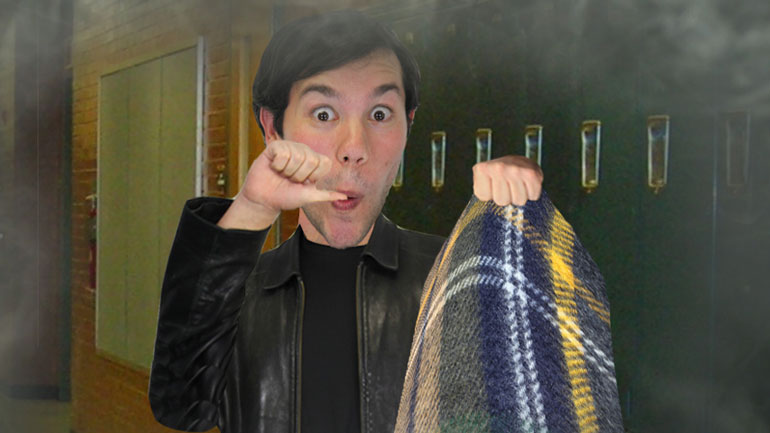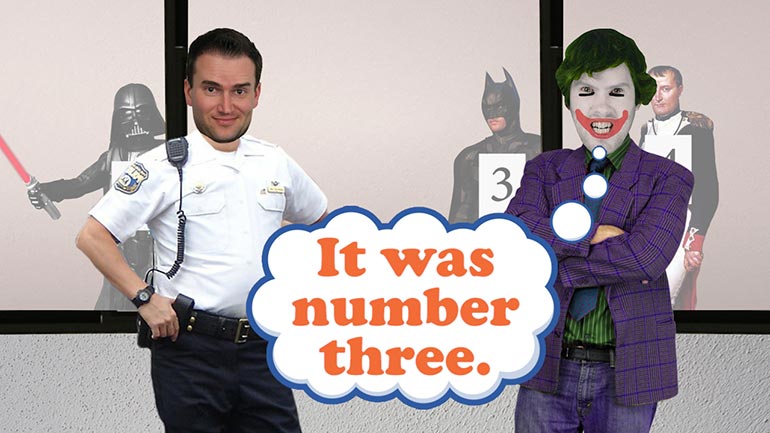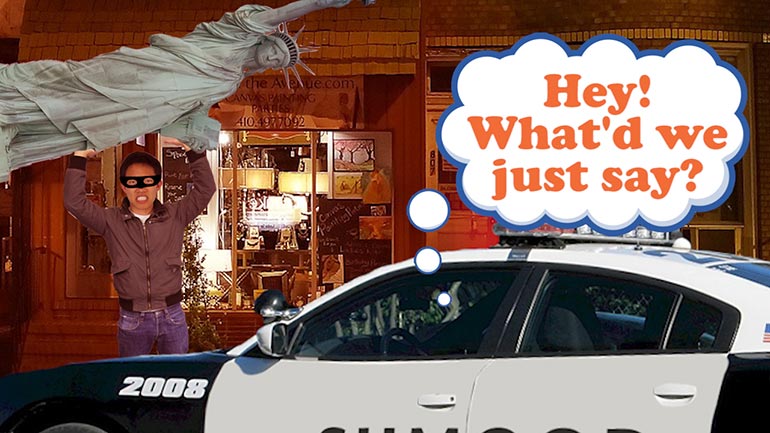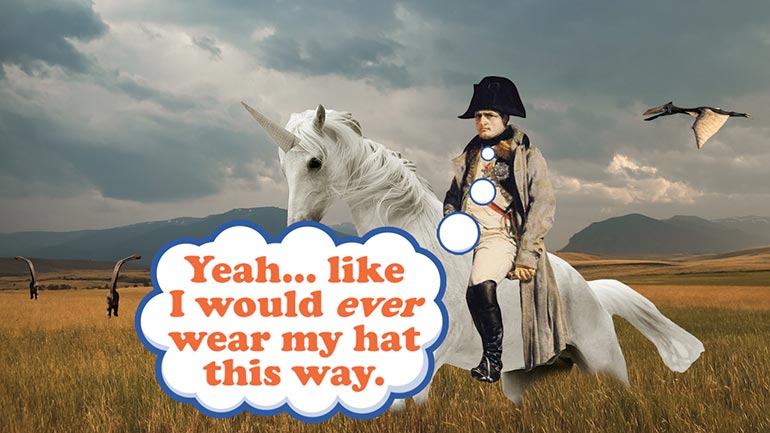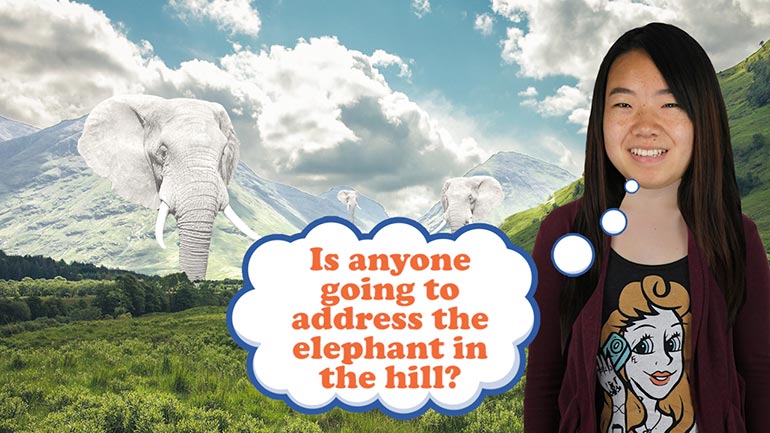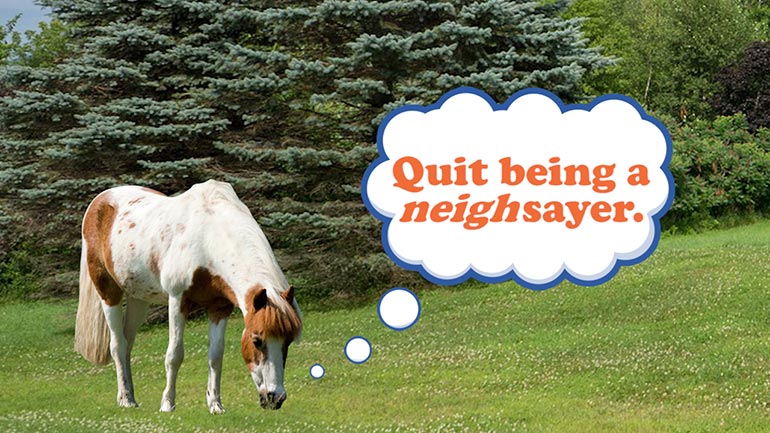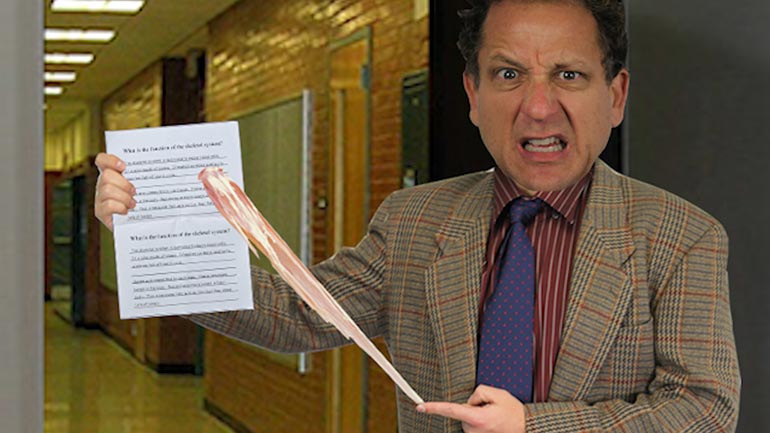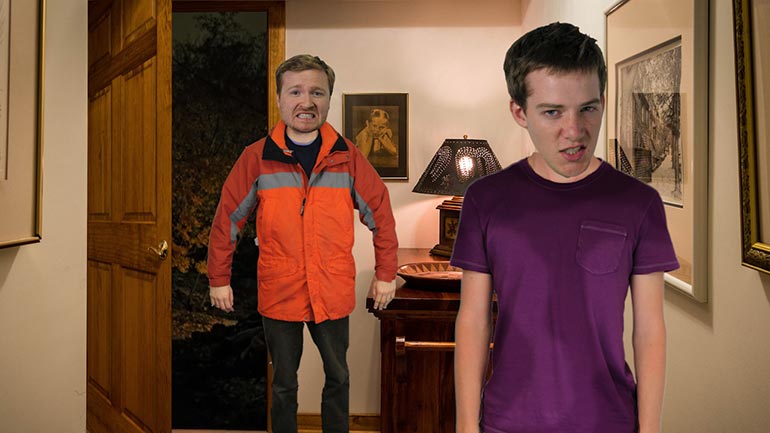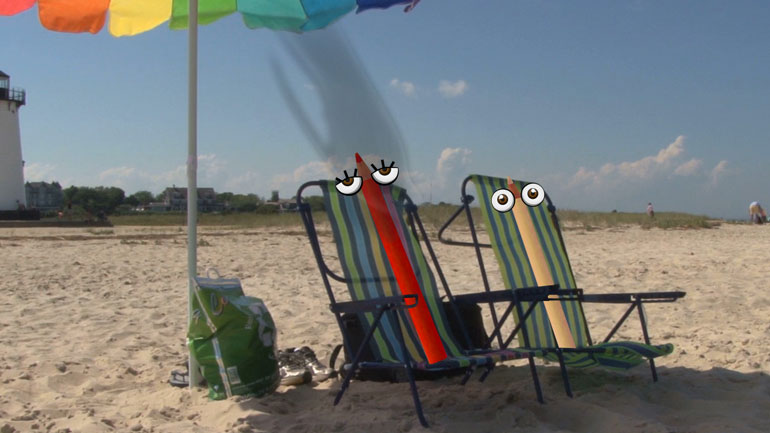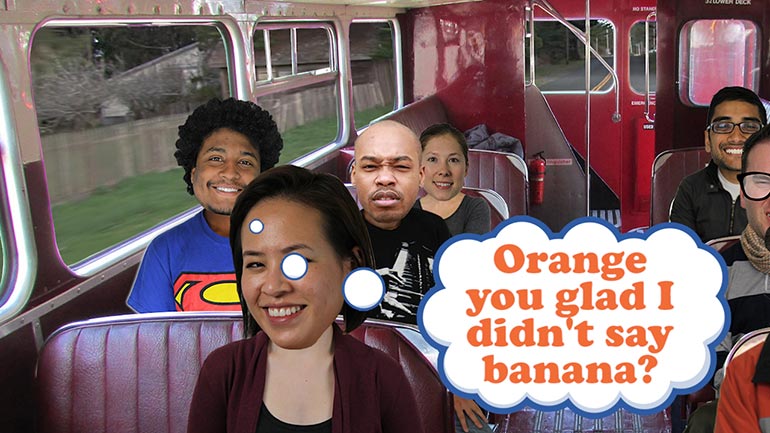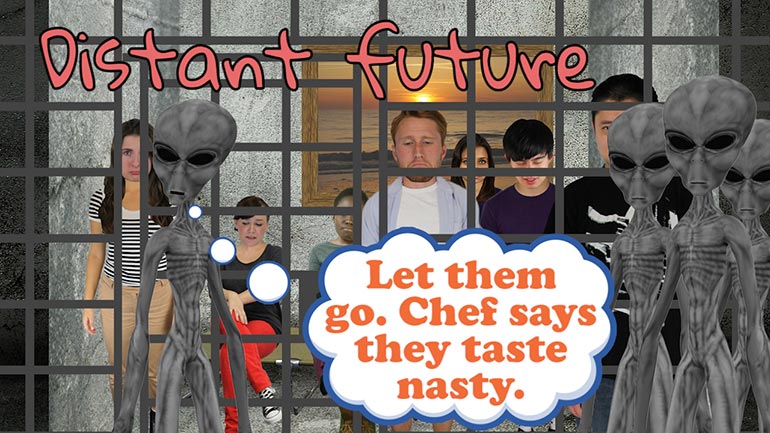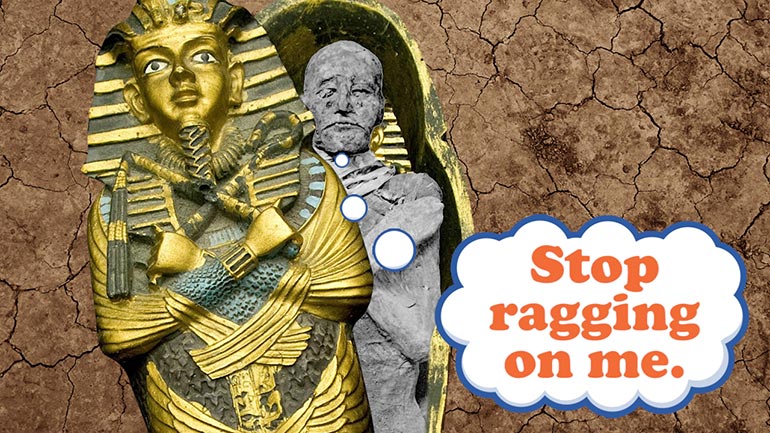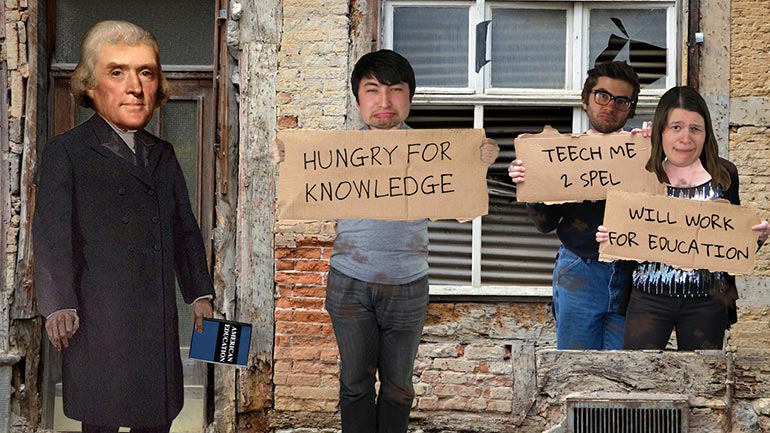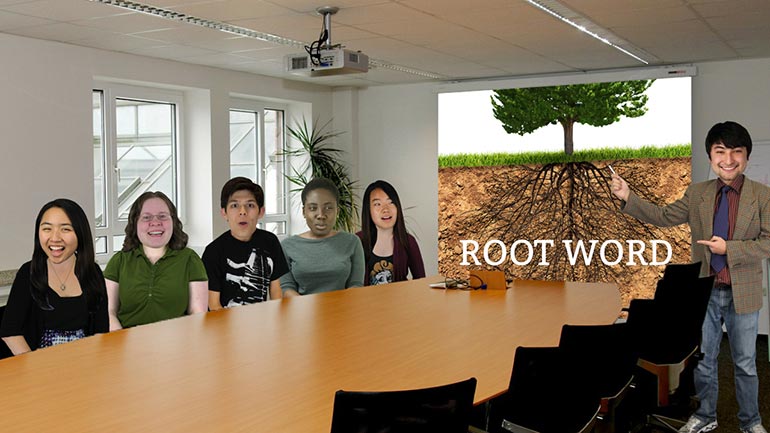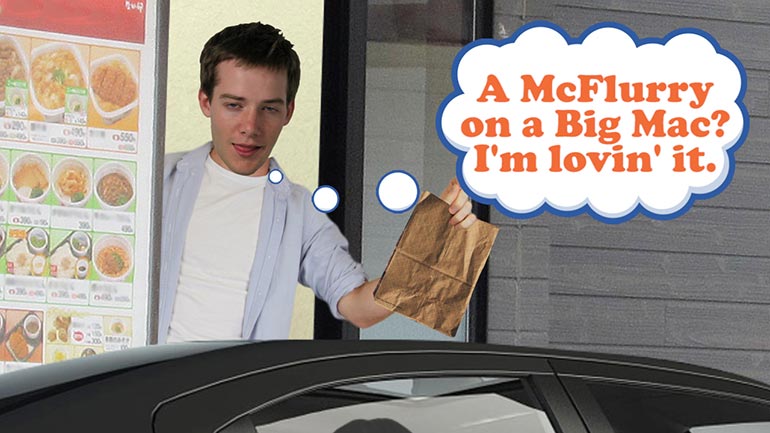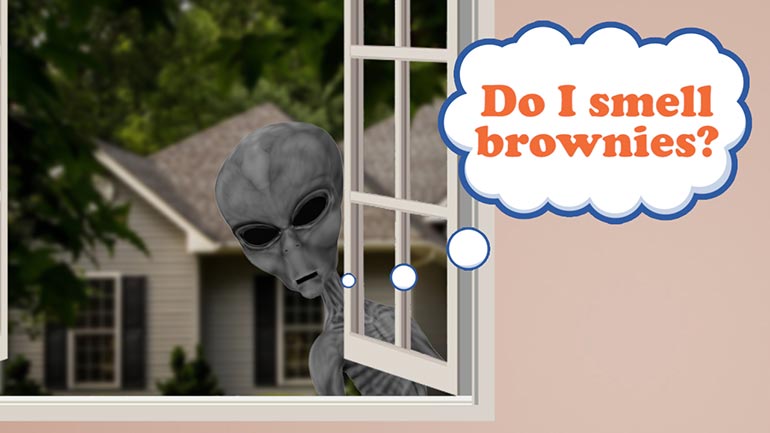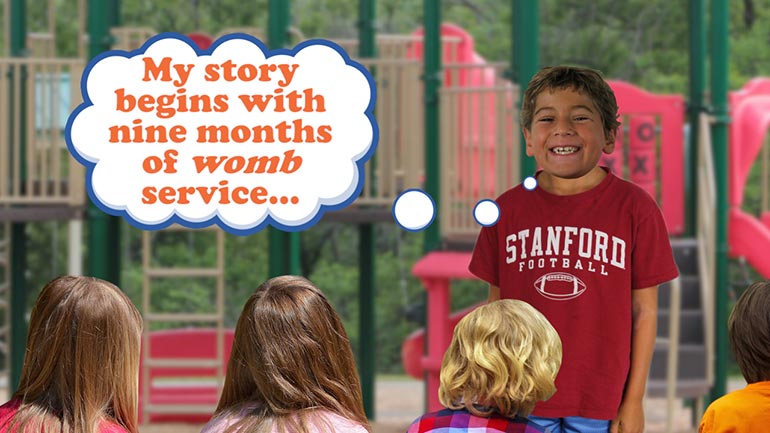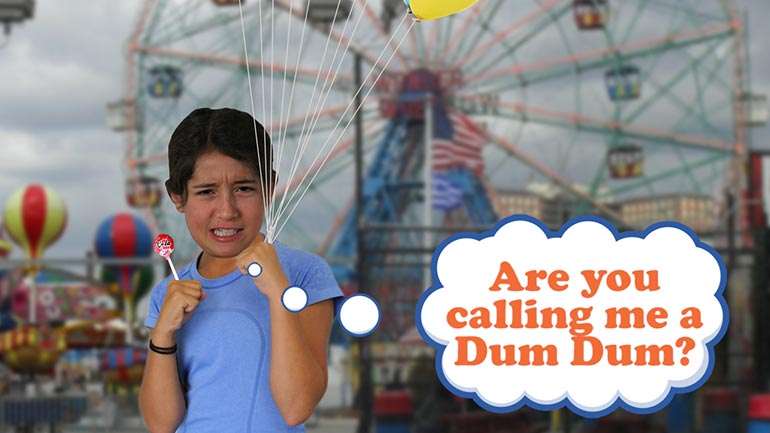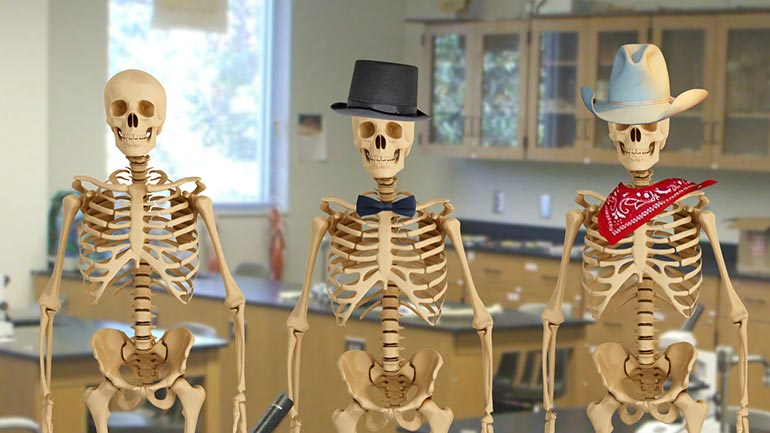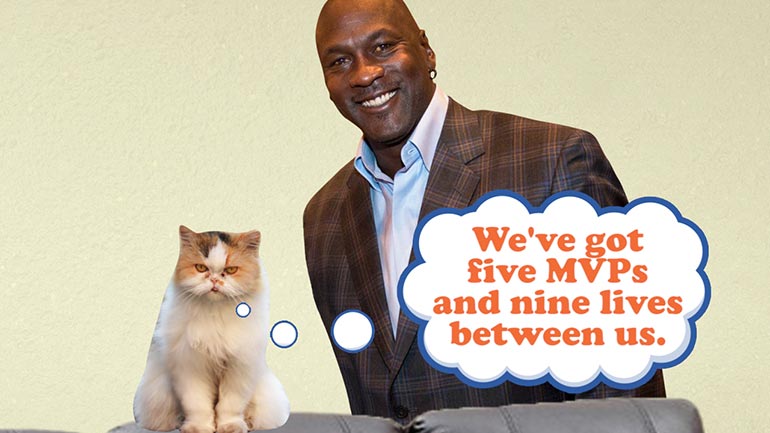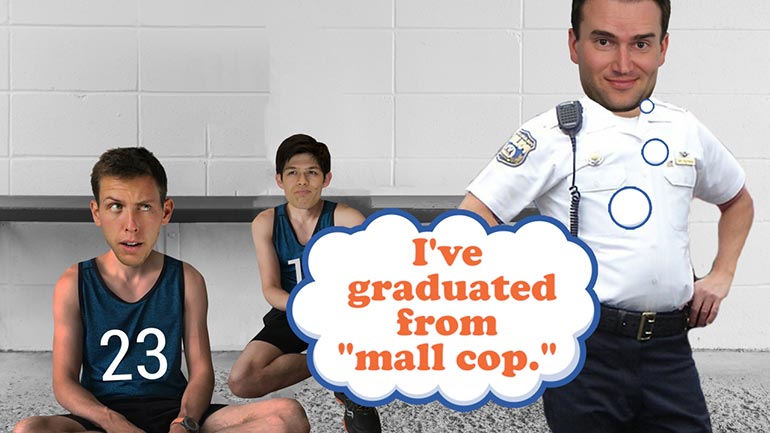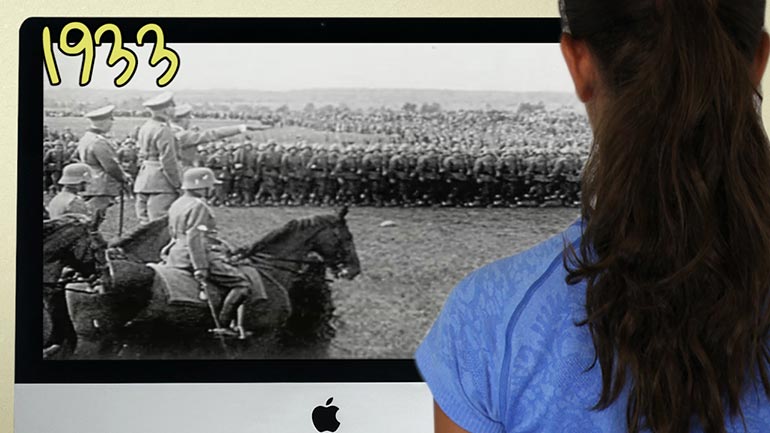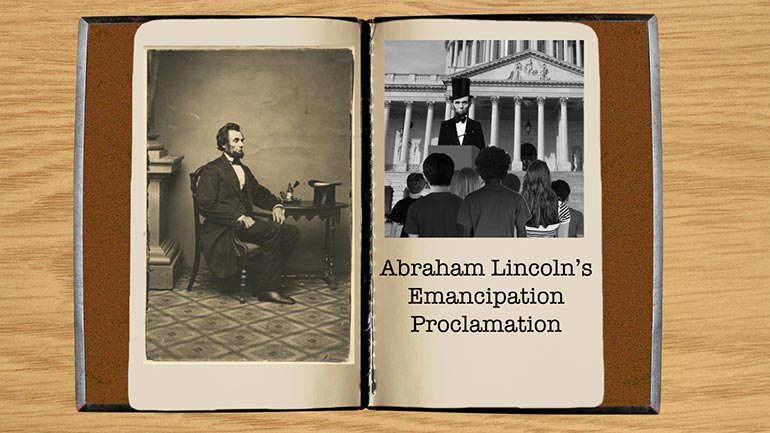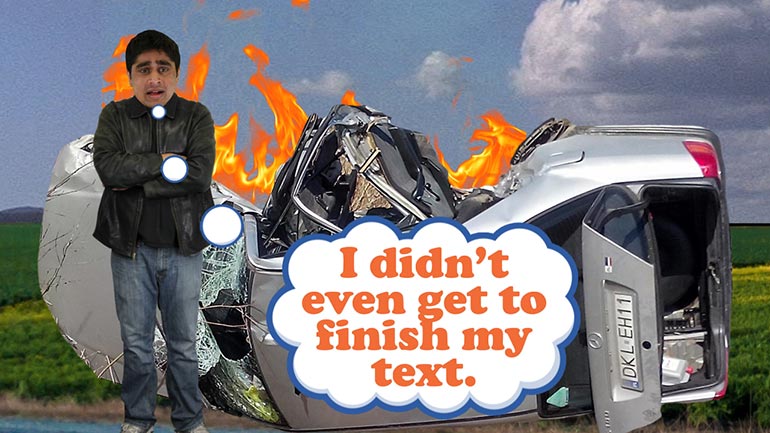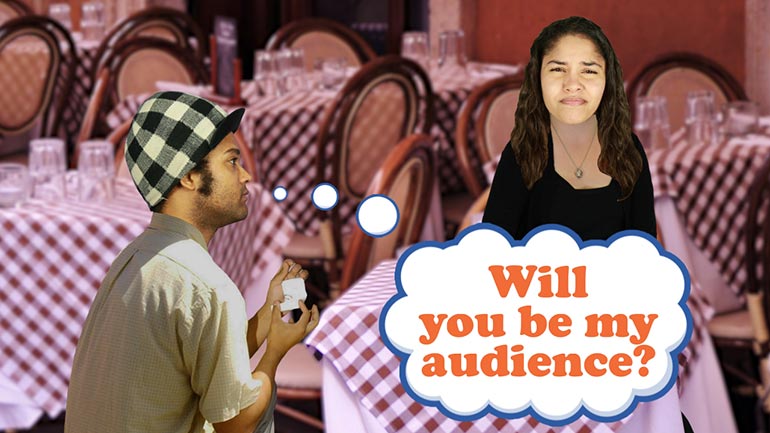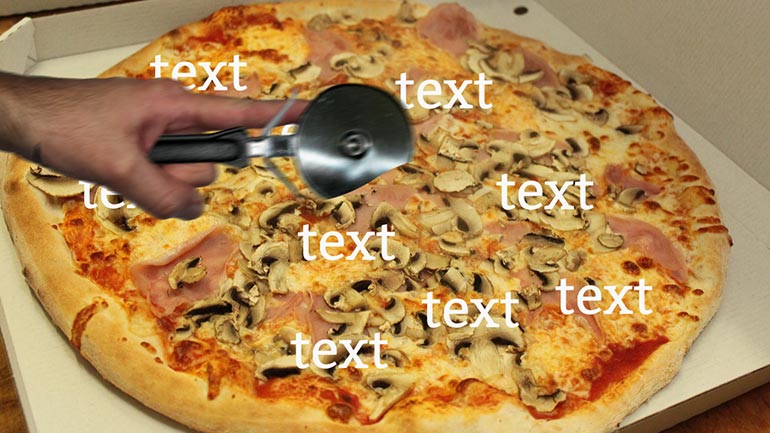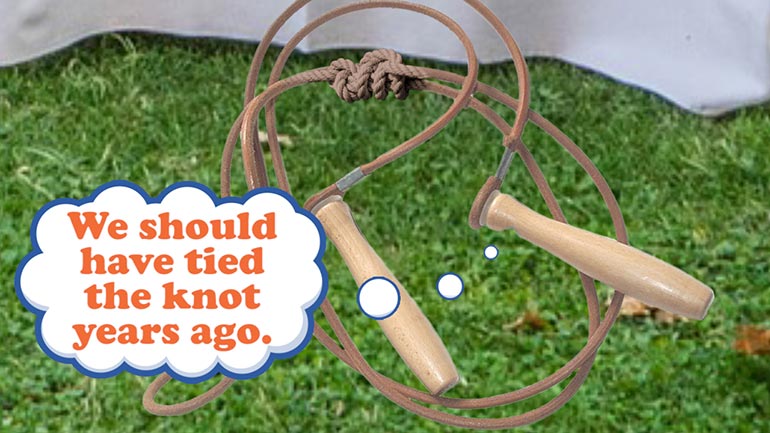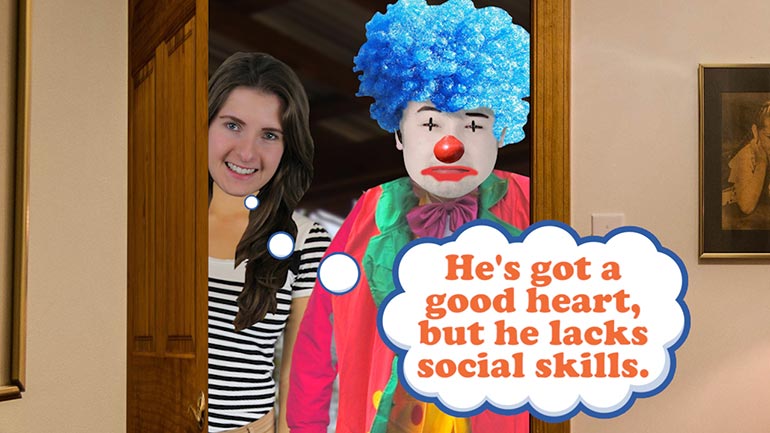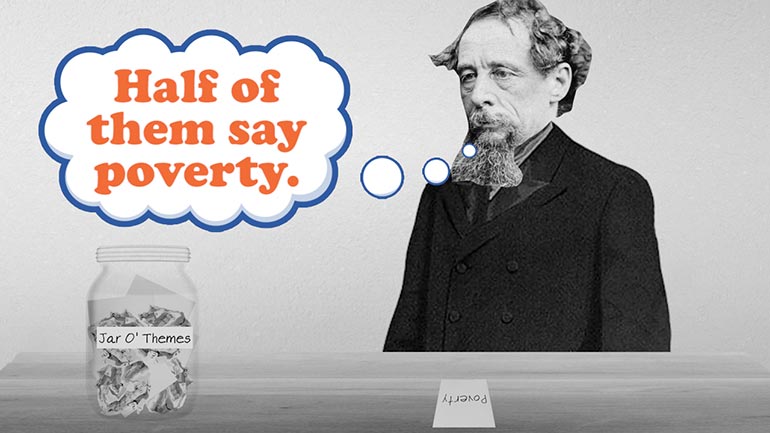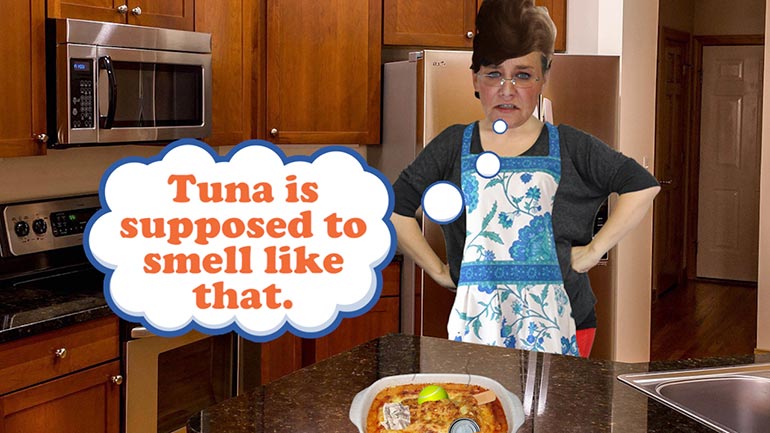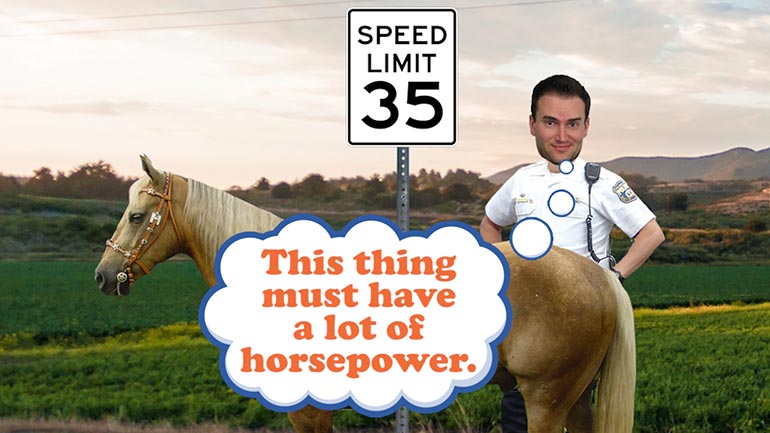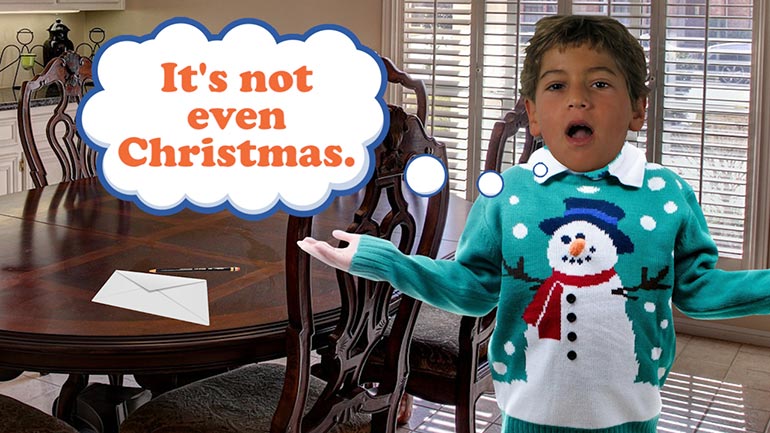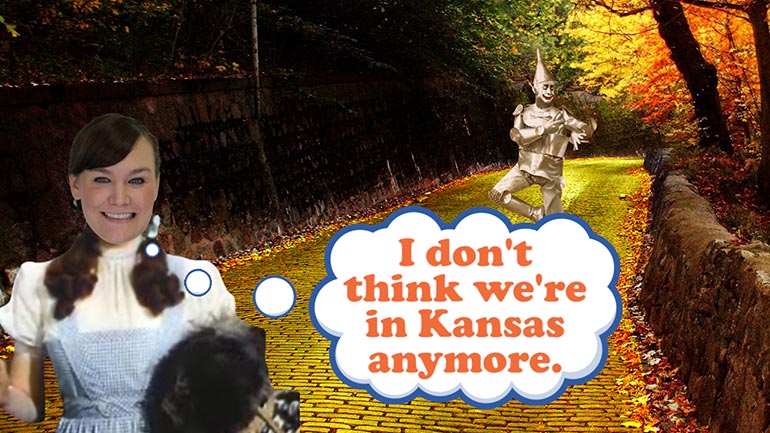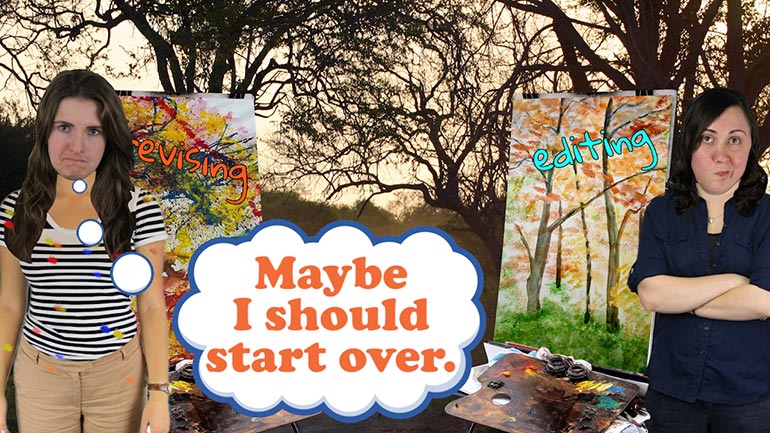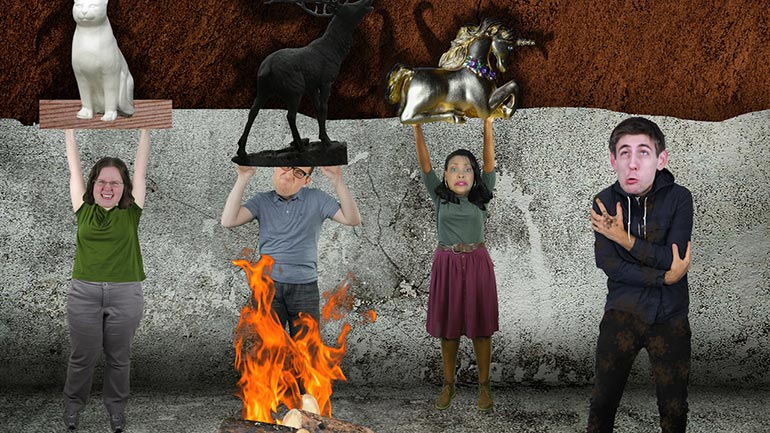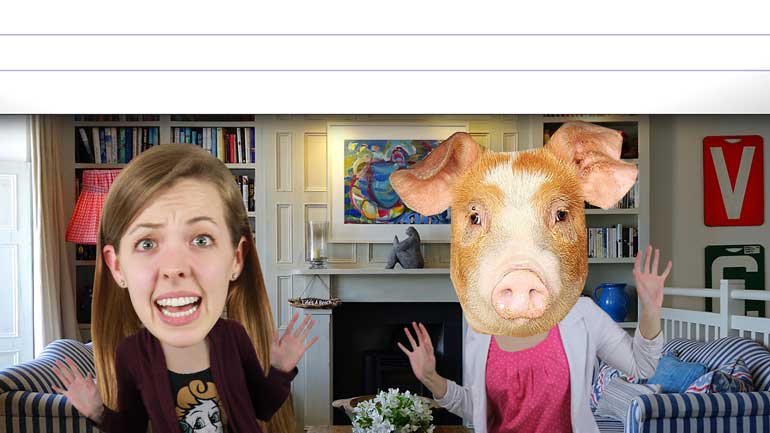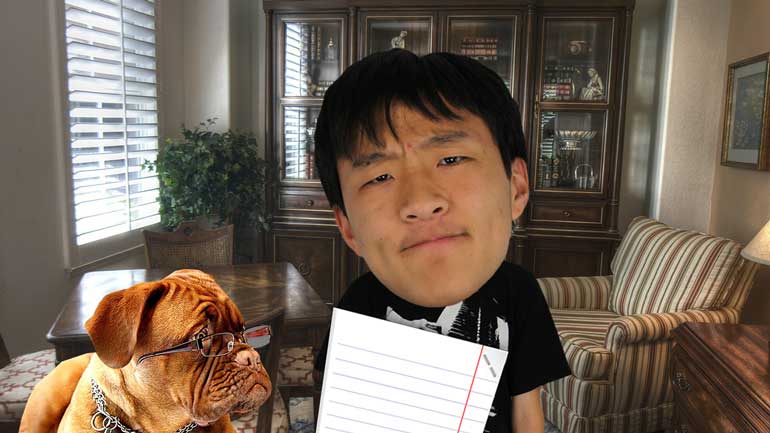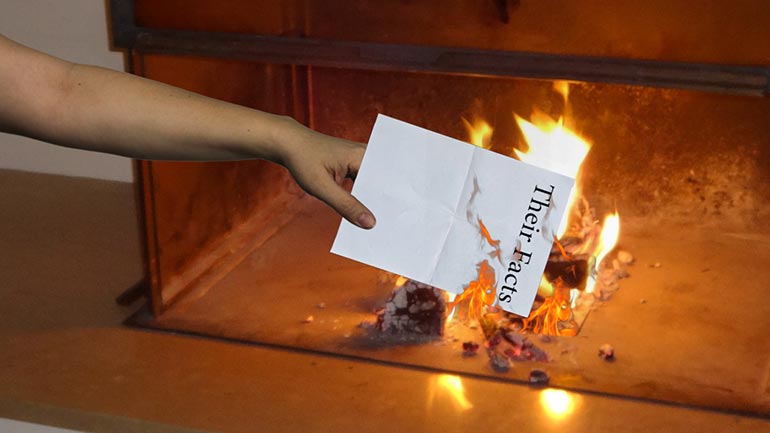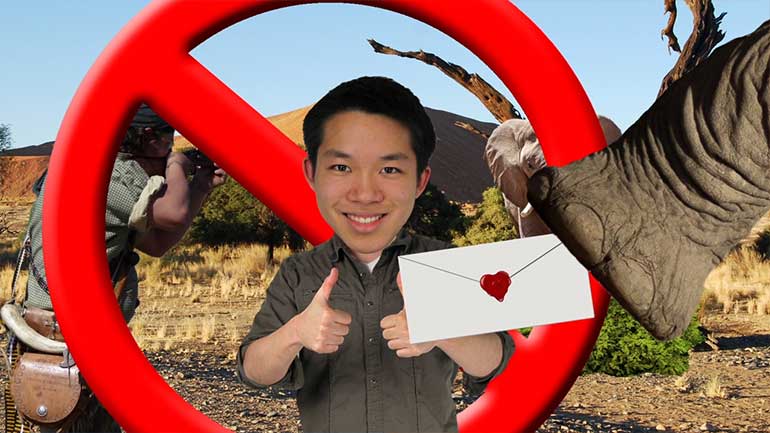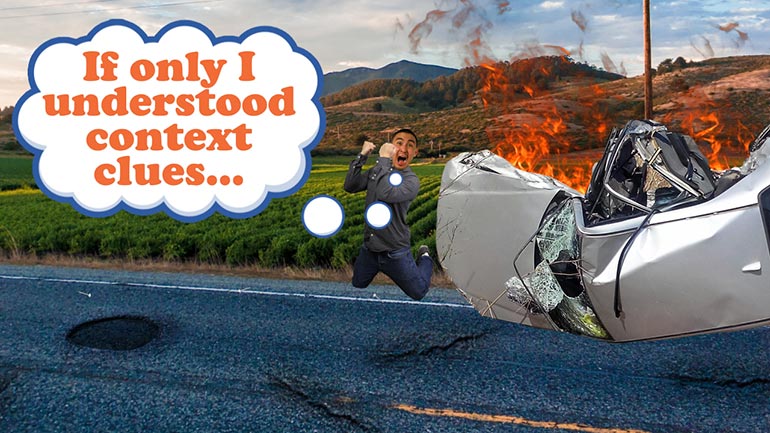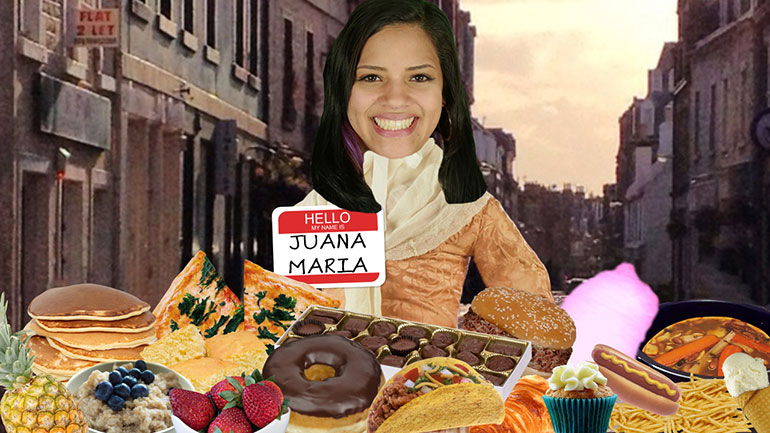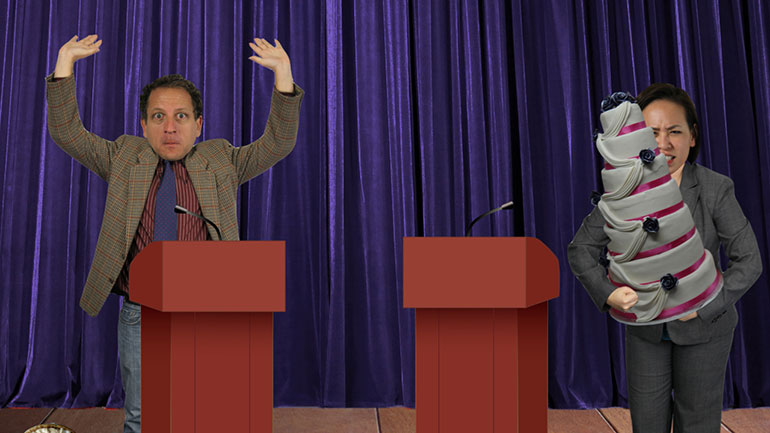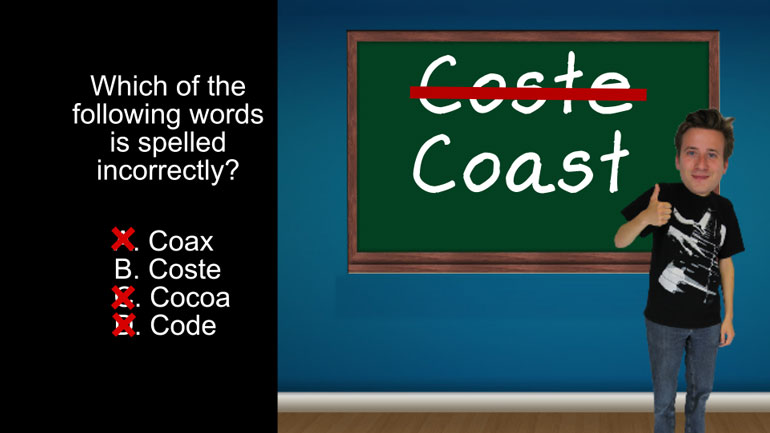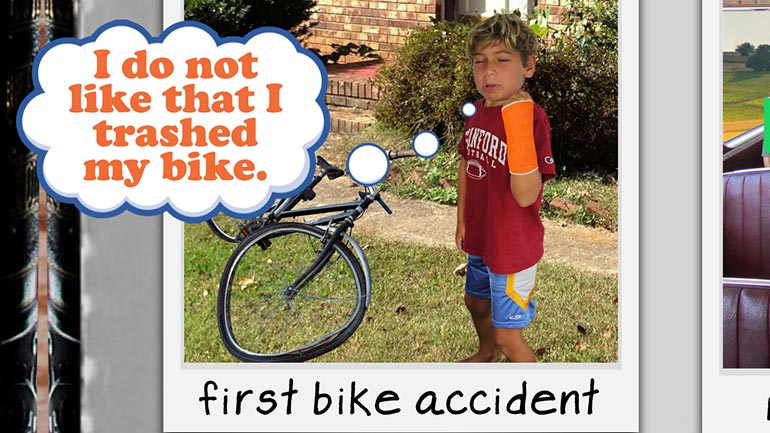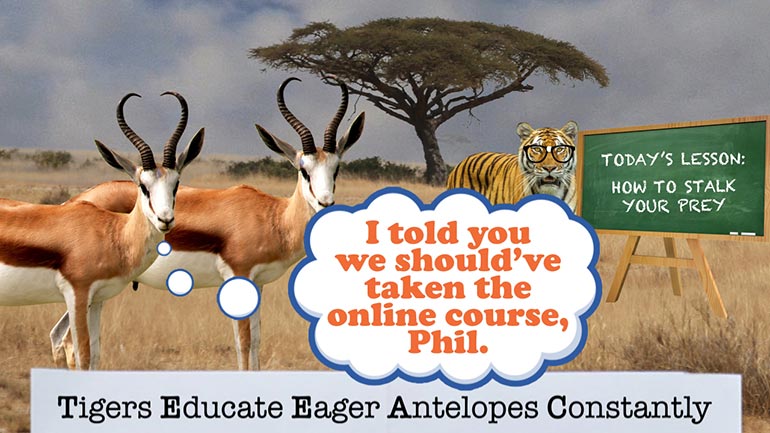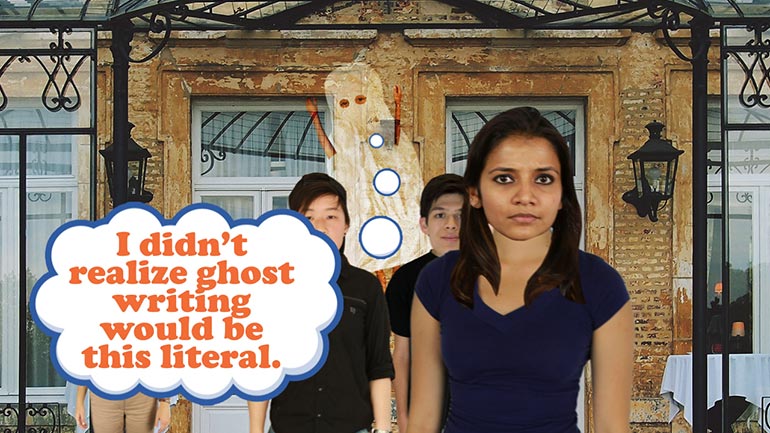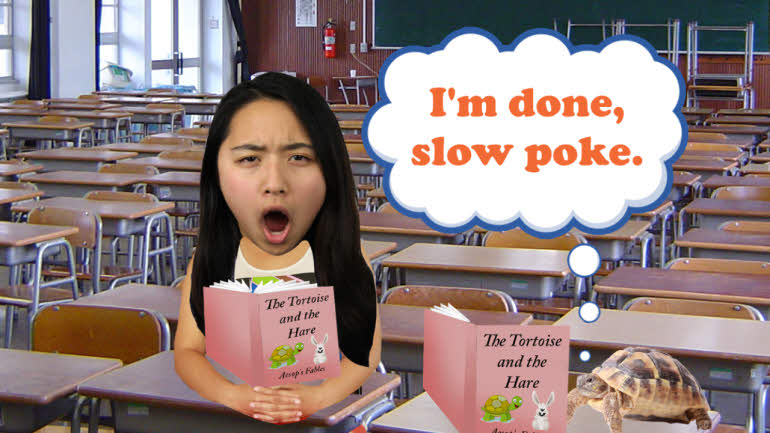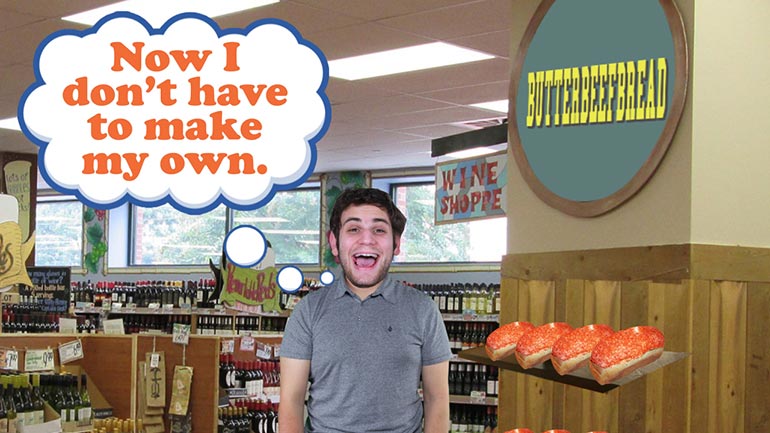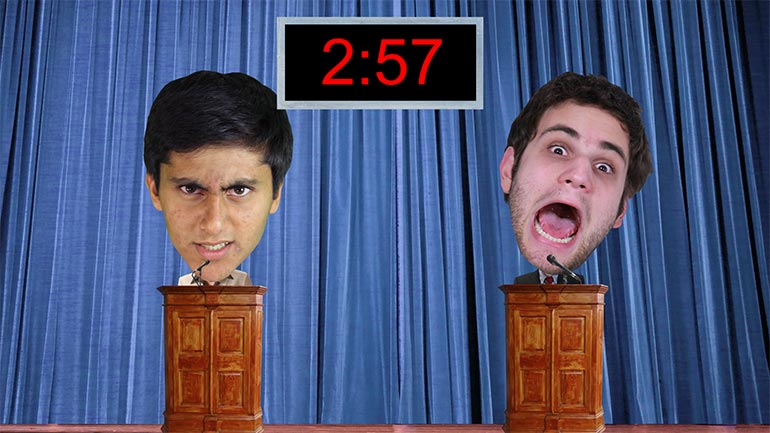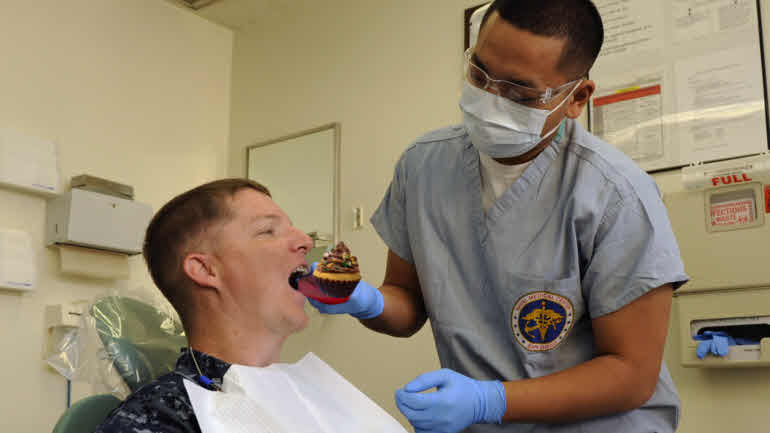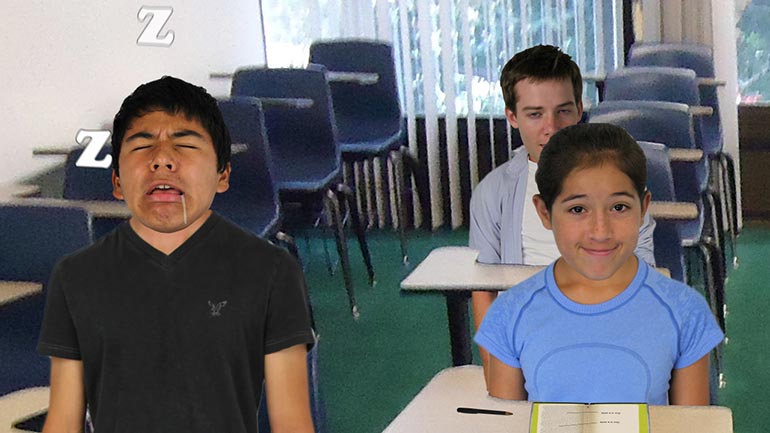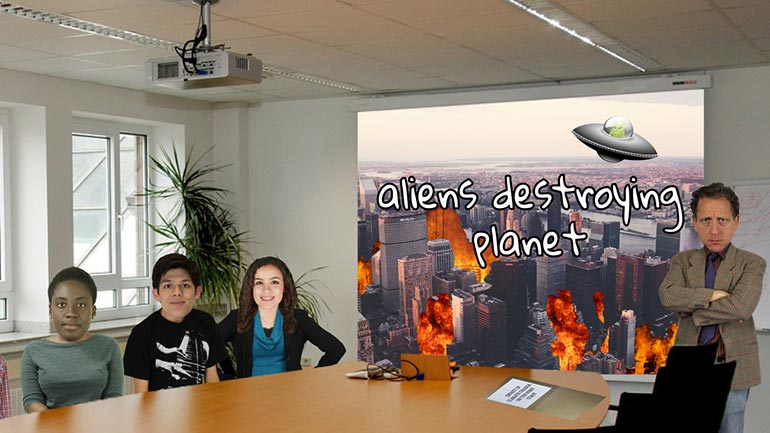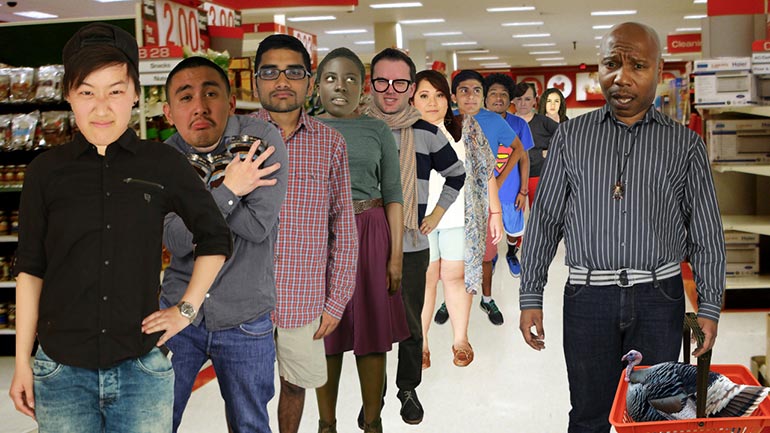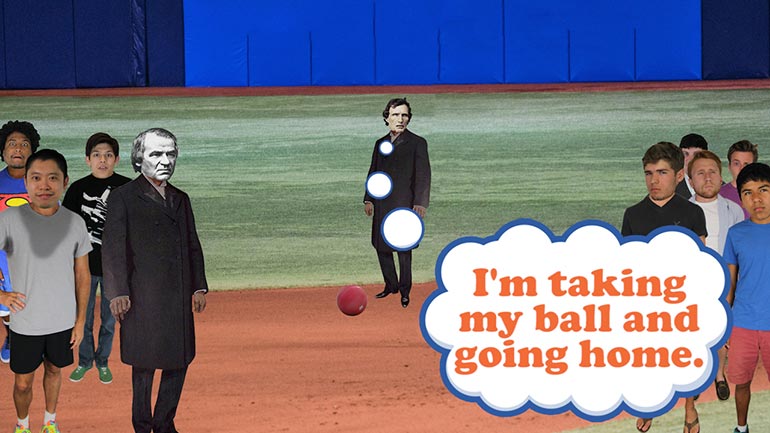ShmoopTube
Where Monty Python meets your 10th grade teacher.
Search Thousands of Shmoop Videos
Language Arts Videos 106 videos
Picking a theme for a party is pretty easy—always go karate party, because they come with nunchuck egg rolls. Themes in writing are a little diff...
Calling a book “non-fiction” is a bit like saying you have a dog. Sure it covers the basics, but there's a big difference between a Doberman an...
ELA Drills, Advanced: Punctuation 4. Which of the words is spelled correctly?
ELA 5: Finding the Meaning of Words in Context 101 Views
Share It!
Description:
Kertucker on over and check out some strategies for finding the meanings of words in context. Yep, it even works for fake words like kertucker.
Transcript
- 00:04
[Coop and Dino singing]
- 00:13
Have you ever been lost in a really good book? [Girl reading Harry Potter book]
- 00:16
It’s the best feeling in the world…until you run into a word you don't know, and you
- 00:20
remember you’re not really at Hogwarts.
- 00:21
It might be jarring, but it’s not the end of the world. By taking a look at all the
Full Transcript
- 00:26
stuff around the dreaded unknown word––which we refer to as its context––we can usually [Dino explaining context]
- 00:30
get a pretty good sense of what the word means, which means we can get back to exploring Hogwarts
- 00:35
with Harry in no time. So how do we work our context magic?
- 00:38
Well lucky for us, there's no wand needed…we keep breaking them… [Wizard uses wand to unicorn]
- 00:42
All we need is this handy-dandy three-step procedure for using a word's context to figure
- 00:47
out its meaning!
- 00:48
Step 1: Take a look at the sentence that contains the strange word, then, think about whether
- 00:52
you kind of understand what that sentence means, even without the odd word.
- 00:56
Step 2: Take a step back and reread the entire paragraph that contains the strange word.
- 01:02
Think about whether you understand what's going on in the paragraph.
- 01:05
Step 3: Based on what you learned in the last two steps, make your best guess about what [Man making a guess of the unknown word]
- 01:09
the word means.
- 01:10
Chances are you can pick up on the meaning of the word even if you’ve never seen it
- 01:13
before. That's the magic of context. Need an example? Abracadabra! [Context falls into a magicians hat]
- 01:18
We've got one right here.
- 01:19
Say we're reading a book and we come across this sentence: "The swift gazelle glebobbled
- 01:24
over the tree to escape the lion’s grasp."
- 01:27
You might be thinking “Hmm. One of those words doesn’t really make any sense…"
- 01:31
Well, don’t worry if you don’t know what "glebobbled means." It’s not a real word.
- 01:35
But let's see if context can give us any hints about what this fake word might mean. First, [glebobbled highlighted red in text]
- 01:40
let's check out the sentence where "glebobbled" popped up. Close by, we see "swift gazelle"
- 01:44
and "escaped the lion's grasp."
- 01:46
Since being swift and escaping both depend on movement, it'd be reasonable to guess that
- 01:50
"glebobbled" means something to do with movement.
- 01:53
We don't quite know whether it's running or jumping or using some other kind of lion-evading
- 01:57
technique, but based on context, we at least have a pretty good idea of what it means, [Gazelle jumps over a tree]
- 02:01
and that's good enough for us.
- 02:03
Sometimes, context isn't all that helpful. Say we open up a different book, and the only [Book flicks through chapters]
- 02:07
thing that chapter three says is: "The gazelle kertuckered."
- 02:10
Not only is that a really weird chapter, it also contains a really weird made-up word:
- 02:15
"kertuckered."
- 02:16
It'd be nice if we could use context to figure out what it means, but… there’s no context.
- 02:21
All we really know is that kertuckering is something a gazelle does. But gazelles do [Coop explaining the gazelle kertuckers]
- 02:25
all sorts of stuff: walk, run, jump, breathe, be stinkin’ adorable… [Gazelles in a field]
- 02:29
So with that in mind, our best bet is a dictionary.
- 02:32
Sorry to break it to you, but context actually isn’t magic.
- 02:35
But it's pretty darn close. Like a lot of things, figuring out what words [Context falls into a hat and dictionary appears]
- 02:39
mean based on context gets easier with practice, and the more you do it, the smoother your
- 02:42
reading will be. [Man riding a bike rides past and crashes]
- 02:44
But you should probably own a dictionary, just in case. Even if you don’t use it,
- 02:48
it’ll impress your houseguests. [Person puts dictionary under a table leg and house guests celebrate]
Related Videos
Check out the best bias video ever made, courtesy of the most awesome and amazing educational website in existence.
No, this isn't a terrible new mint-peach bubble gum flavor...though it does tend to leave a bad taste in people's mouths.
Those settlers in Jamestown really should have settled down with all that land-stealing. Tobacco's bad for you anyway.
Being born out of multiple wars doesn't quite seem to fit the peaceful, polite Canadians we know and love today...oh wait, they were called The Bea...
Not every cartoon is meant to entertain small children while their mother gets some "Mommy time." There are also political cartoons, which are mean...

